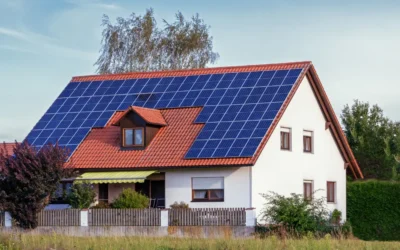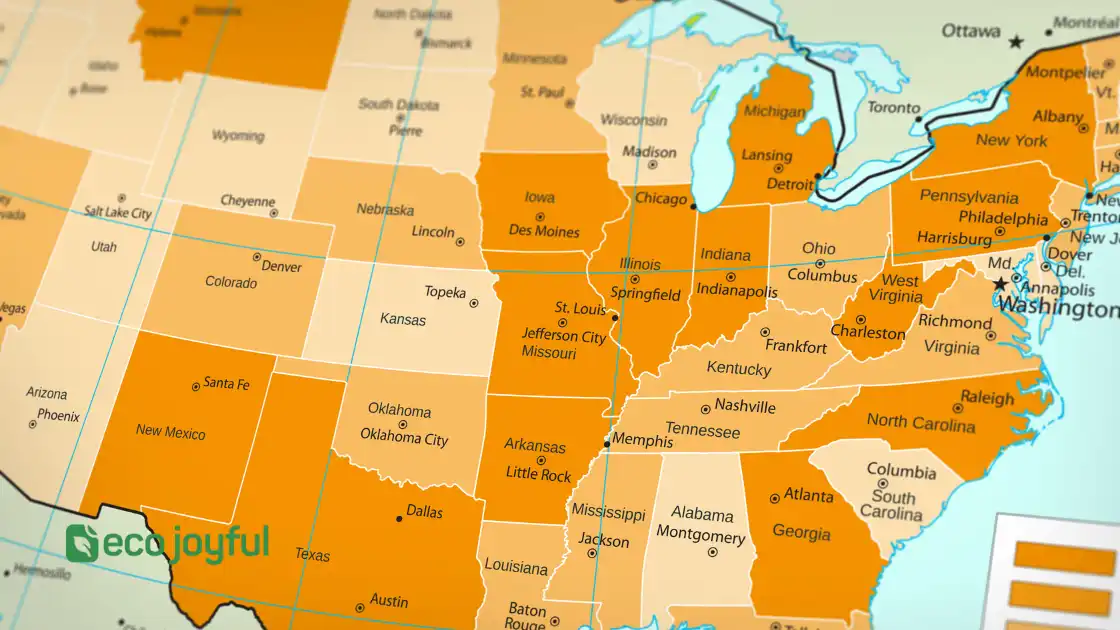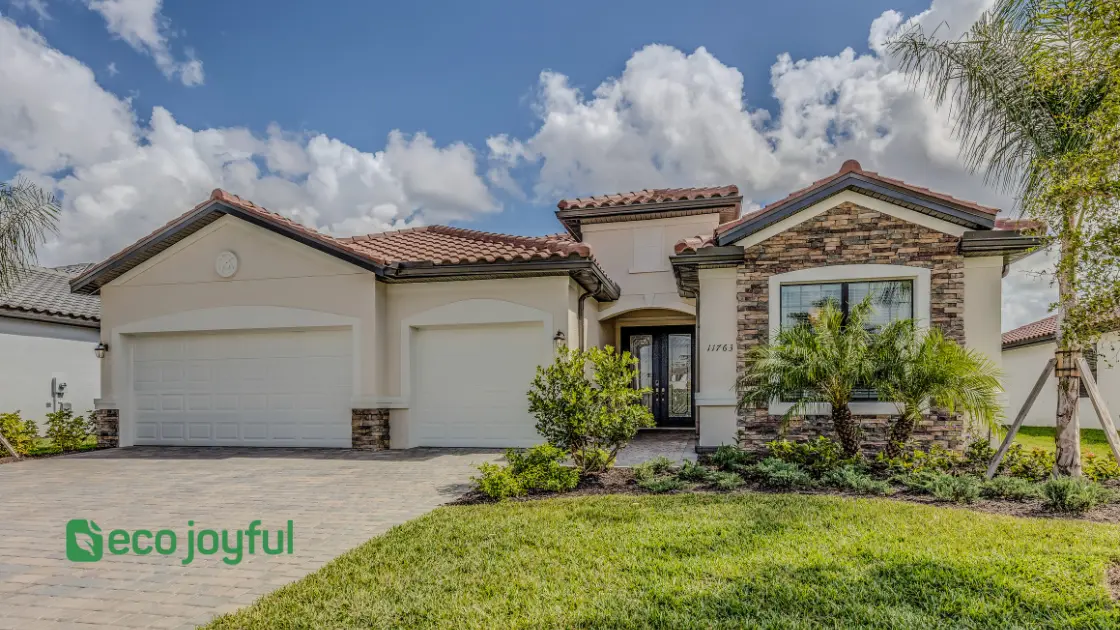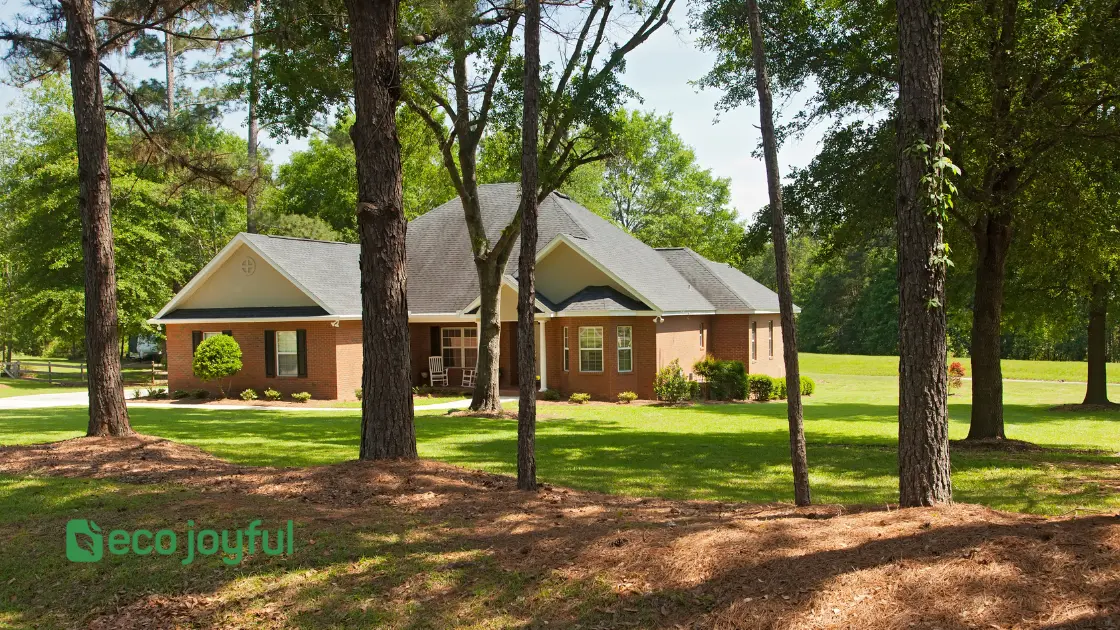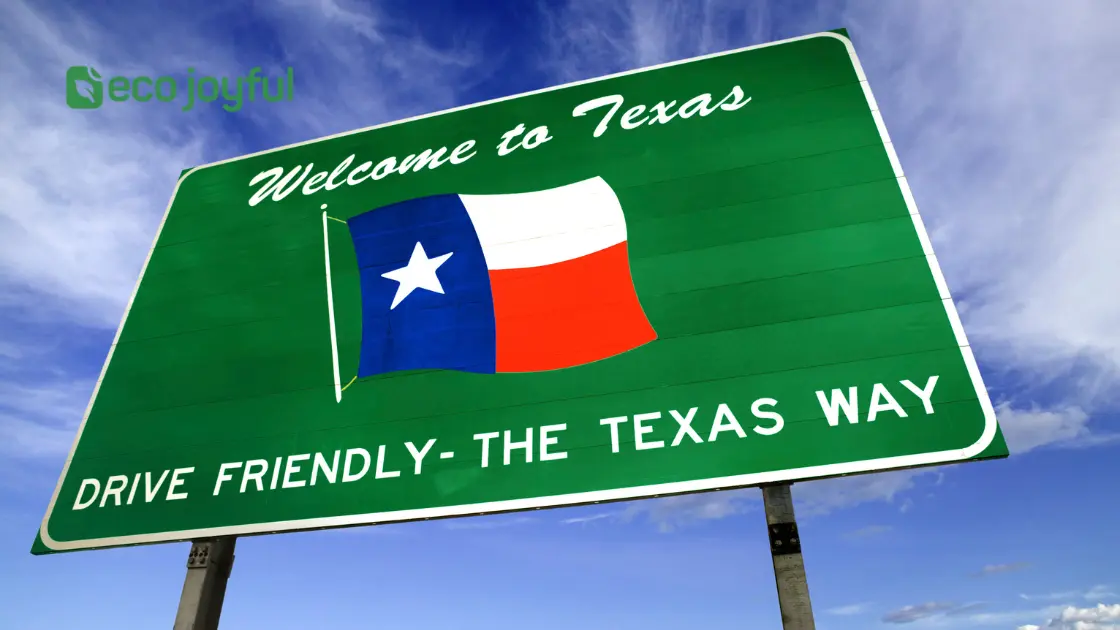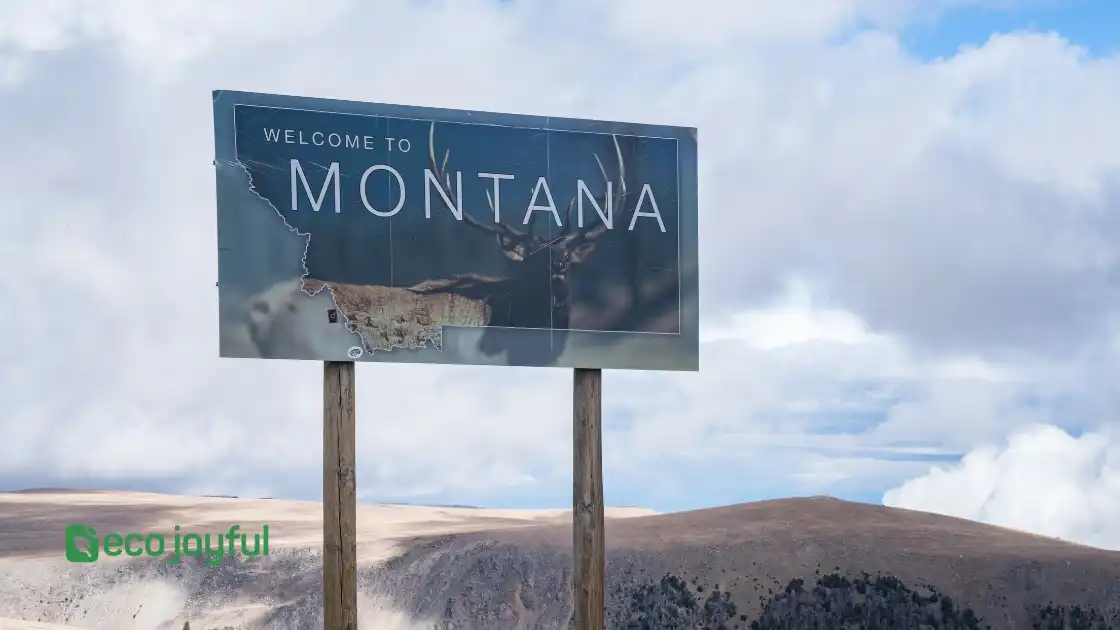The best states for living off grid are Alaska, Wyoming, and Montana due to their abundant natural resources and remote locations. Enjoy the freedom and self-sustainability that these states offer, with access to pristine landscapes and the ability to disconnect from the grid while still enjoying a high quality of life.
Living off-grid allows individuals to reduce their carbon footprint, cultivate a closer connection to nature, and become less dependent on conventional utilities.
Whether you choose to live in a remote cabin, a sustainable community, or a self-sufficient home, these states provide the ideal conditions for embracing a simpler and more sustainable way of life.
Enjoy the beauty and tranquility of off-grid living in these states, while also reaping the benefits of independence and environmental stewardship.
Table of Contents
Factors To Consider For Off-grid Living
Discover the top states for off-grid living and learn about the essential factors to consider for a self-sustainable lifestyle, including access to resources, climate conditions, and land regulations. Embrace the freedom and sustainability of living off the grid in the best states for this unique lifestyle choice.
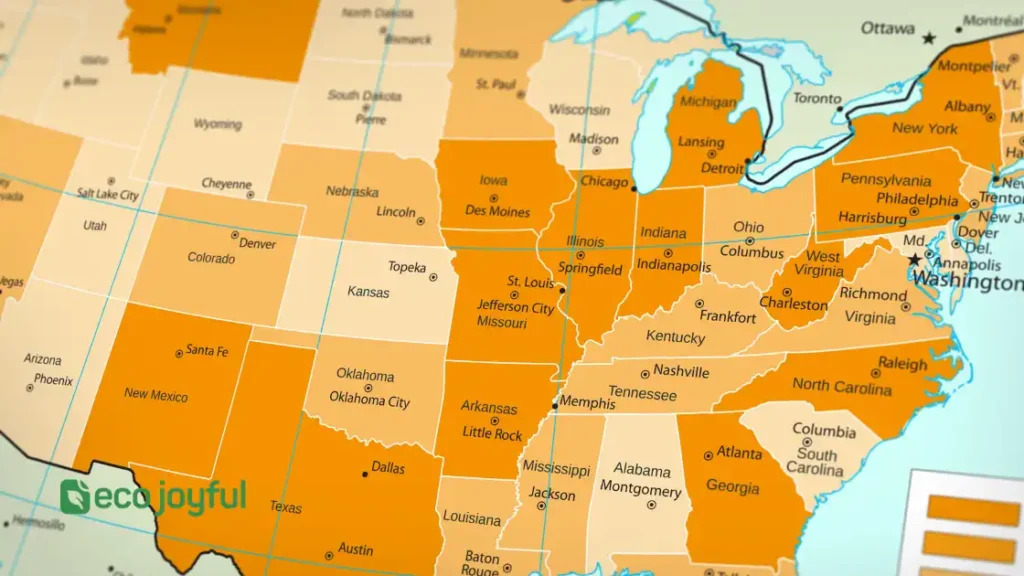
When it comes to living off the grid, there are several important factors that you should take into consideration. These factors will greatly influence your experience and success in living independently, so it’s crucial to choose the right location.
Here, we will discuss three key factors you should consider: climate and weather, access to natural resources, and land availability and cost.
Climate And Weather
The climate and weather of a state can significantly impact your off-grid living experience. It’s important to choose a state with a climate that aligns with your preferences and requirements.
Some individuals prefer mild temperatures year-round, while others thrive in more extreme climates. Consider whether you enjoy the warmth of the sun or prefer cooler temperatures.
Additionally, think about the amount of rainfall and the potential for natural disasters such as hurricanes or wildfires. Choosing a state with a climate that suits your needs will ensure a more comfortable and manageable off-grid lifestyle.
Access To Natural Resources
Access to natural resources is crucial for off-grid living. When selecting a state, consider the availability of essential resources such as water and energy.
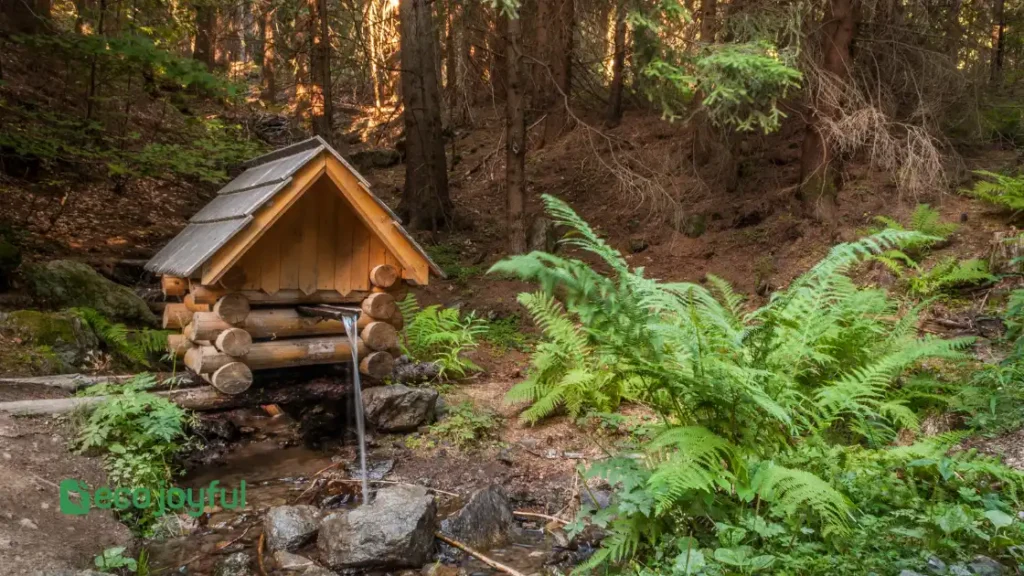
Research the state’s water supply and determine whether it can adequately meet your needs. Look for states that have reliable sources of freshwater, whether through rivers, lakes, or underground wells.
Furthermore, assesses the state’s energy potential. Does it have ample sunlight for solar power or strong winds for wind turbines? Consider the availability of these natural resources to ensure you can sustain your off-grid lifestyle effectively.
Land Availability And Cost
Another factor to consider is the availability and cost of land. Look for states with abundant land where you can establish your off-grid homestead.
Consider the prices of land in different regions of the state, as this can greatly impact your budget. Research local zoning laws and regulations to ensure that the state allows for off-grid living and the construction of alternative dwellings.
Additionally, consider the proximity to amenities such as grocery stores, medical facilities, and schools, as being too far away from these necessities may add challenges to your off-grid lifestyle.
In summary, when considering the best states for living off-grid, climate and weather, access to natural resources, and land availability and cost are crucial factors to take into account.
By carefully evaluating these aspects, you’ll be able to find a state that aligns with your needs, making your off-grid living experience more enjoyable and sustainable.
Best States for Living off Grid
Living off-grid has become an increasingly popular lifestyle choice for those seeking self-sufficiency, sustainability, and a deeper connection with nature.
While it can be a challenging lifestyle, certain states offer the perfect environment for off-grid living. In this article, we will explore the top states for living off-grid: Arizona, Montana, and Alaska.
Arizona
When it comes to off-grid living, Arizona is truly a golden state. The abundance of sunshine year-round makes it an ideal location for harnessing solar power.

With 300+ sunny days, residents can generate electricity and heat water using solar panels. The state also offers vast, affordable land options perfect for setting up an off-grid homestead.
Moreover, Arizona boasts a diverse and mild climate, providing opportunities for growing a wide variety of crops. The arid climate means less rainfall, reducing the risk of excessive humidity and mold-related issues. Additionally, the low population density allows for a peaceful and secluded off-grid lifestyle.
Montana
If you’re seeking a more rugged and remote off-grid experience, Montana is a top contender. Known as “The Last Best Place,” Montana offers vast stretches of untouched wilderness, breathtaking scenery, and an abundance of wildlife. With its cooler climate and ample natural resources, Montana provides an ideal setting for off-grid living.
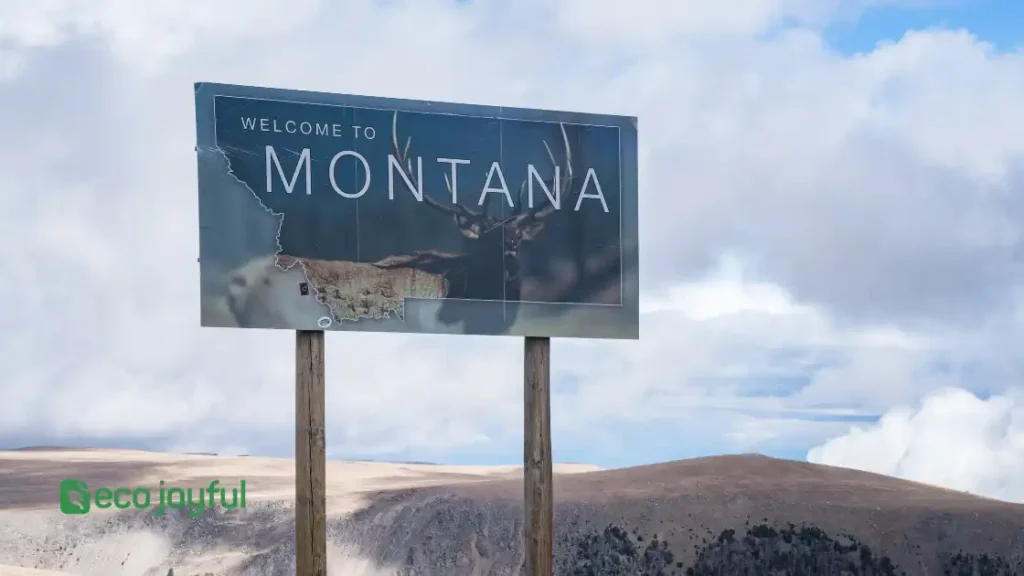
Montana’s rich soil and moderate growing season make it suitable for farming and gardening. With plenty of land available, residents can cultivate their food and create sustainable living systems.
Additionally, the state’s relatively low population density means less noise and pollution, allowing for a truly off-grid experience in harmony with nature.
Alaska
When it comes to off-grid living, few places can rival the rugged beauty and untouched wilderness of Alaska.
The vast expanse of this frontier state offers solitude and a chance to disconnect from the modern world. With its extreme climate and abundance of natural resources, living off-grid in Alaska requires resourcefulness and resilience.
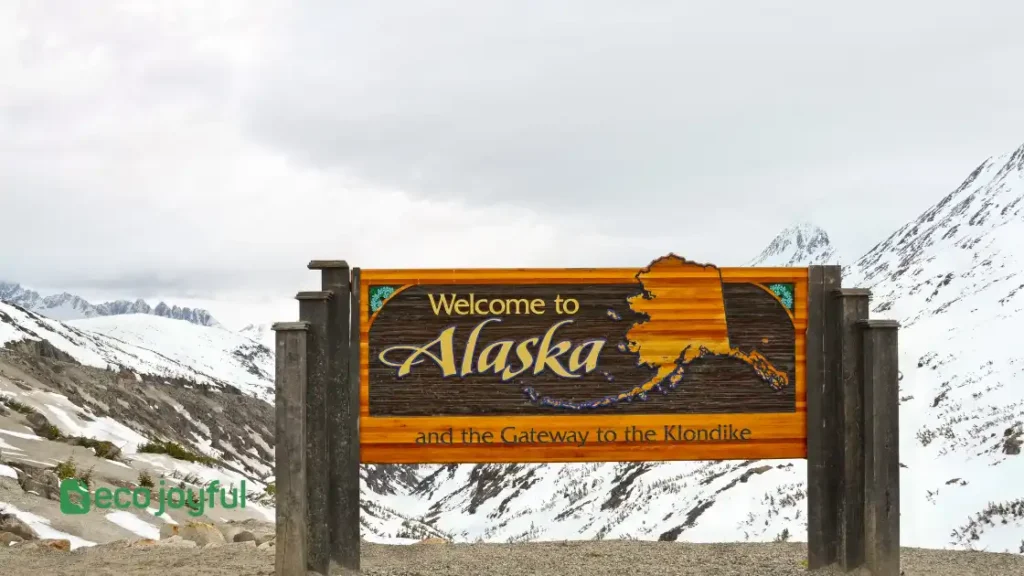
Alaska provides ample opportunities for hunting, fishing, and foraging, allowing residents to live off the land sustainably.
While the long, dark winter months can present challenges, the state’s abundant sunlight during the summer ensures ample time for solar energy generation.
Alaska’s undeniable natural beauty, wildlife, and sense of adventure make it a top choice for those seeking a true off-grid lifestyle.
Benefits And Challenges Of Living Off-grid
Living off-grid is an enticing lifestyle choice that offers a unique set of benefits and challenges.
The decision to disconnect from conventional utilities and live a self-sufficient lifestyle can have a profound impact on a person’s ecological footprint, while also fostering a sense of independence and freedom.
However, it’s essential to understand the potential challenges and considerations that come with living off-grid. Let’s explore the benefits and challenges in more detail.
Reduced Ecological Footprint
One of the primary benefits of living off-grid is the significantly reduced ecological footprint it offers.
By generating your renewable energy through solar panels or wind turbines, you can greatly minimize reliance on fossil fuels that contribute to climate change.
Additionally, embracing sustainable practices such as rainwater harvesting, composting, and organic gardening helps conserve resources and protect the environment for future generations.
By reducing your impact on the grid, you become a steward of the earth.
Self-sufficiency And Independence
Living off-grid empowers individuals to become self-sufficient and independent. By generating their power, collecting and purifying their water, and growing their food, off-gridders can become less reliant on external resources and systems.
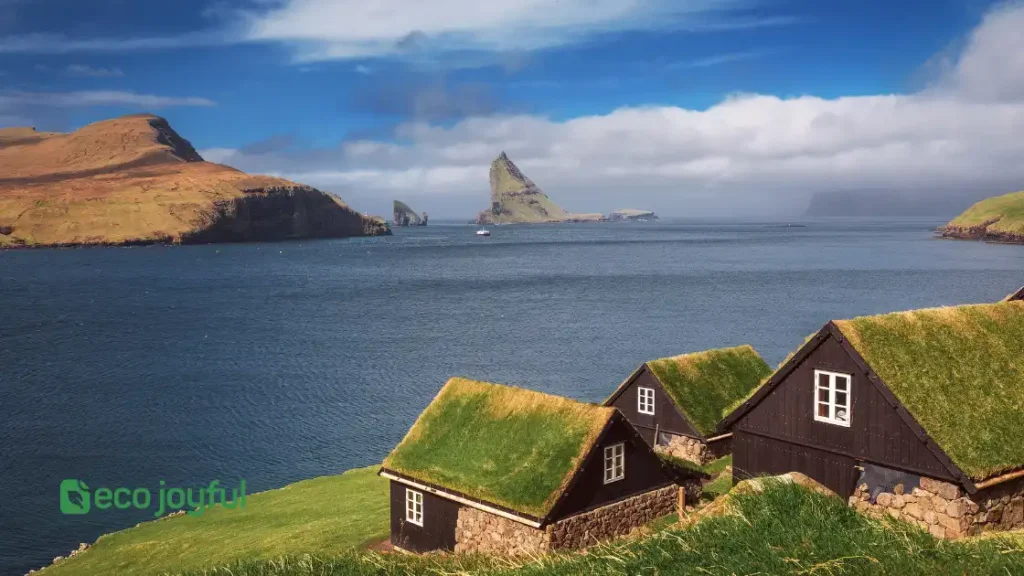
This level of self-sufficiency not only grants a sense of personal freedom but also fosters resilience in the face of unexpected disruptions, such as power outages or supply chain disruptions.
It allows individuals to take control of their lives and live more authentically and sustainably.
Potential Challenges And Considerations
While living off-grid can be rewarding, it’s essential to consider the potential challenges that come with this lifestyle choice. First and foremost, off-gridders must be prepared to invest time, effort, and resources into setting up and maintaining their off-grid systems.
This can include installing and maintaining solar panels, managing rainwater collection and filtration, and ensuring a reliable source of sustainable food.
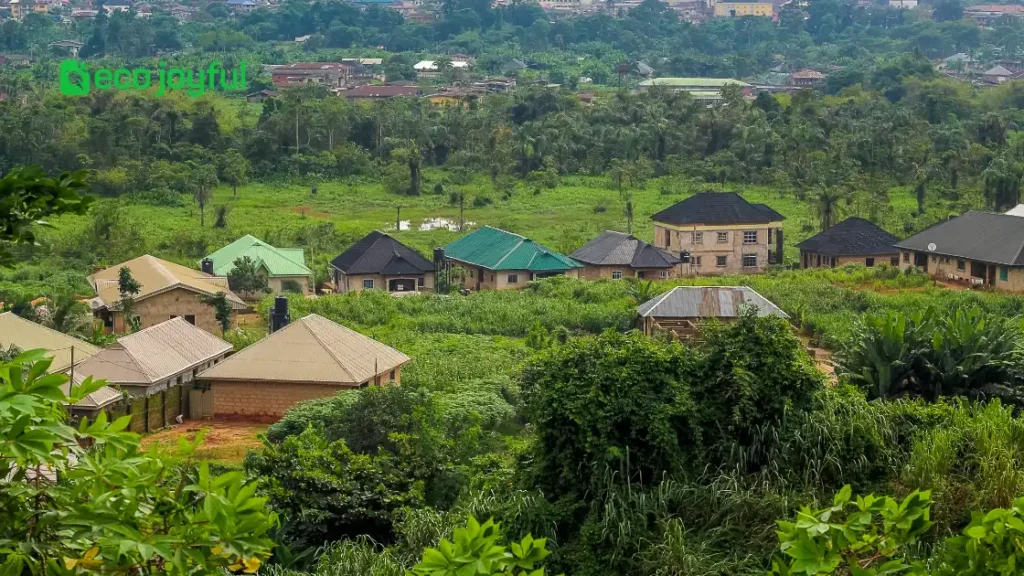
Additionally, living off-grid may require more physical labor and a certain level of technical expertise.
Another significant consideration is the potential for isolation, especially if you choose a remote location. Living off-grid often means sacrificing the conveniences and amenities of urban areas, which can be challenging for some individuals.
Access to healthcare, education, and other essential services may be limited, requiring careful planning and preparation. It’s crucial to evaluate your individual needs and priorities before embarking on the off-grid lifestyle.
In conclusion, living off-grid presents numerous benefits, including a reduced ecological footprint, self-sufficiency, and independence.
However, it’s essential to be aware of the potential challenges and considerations that come with this lifestyle choice. By carefully considering your needs, resources, and priorities, you can determine whether living off-grid is the right path for you.
Conclusion
Looking to go off-grid? These states offer the perfect blend of natural beauty, sustainable resources, and self-sufficiency. From the lush forests of Oregon to the sun-soaked deserts of Arizona, each state on our list provides unique advantages for living off-grid.
Whether you prefer a secluded lifestyle or want to join a like-minded community, these states offer the best opportunities for off-grid living. So, pack your bags and embark on your off-grid adventure today!




